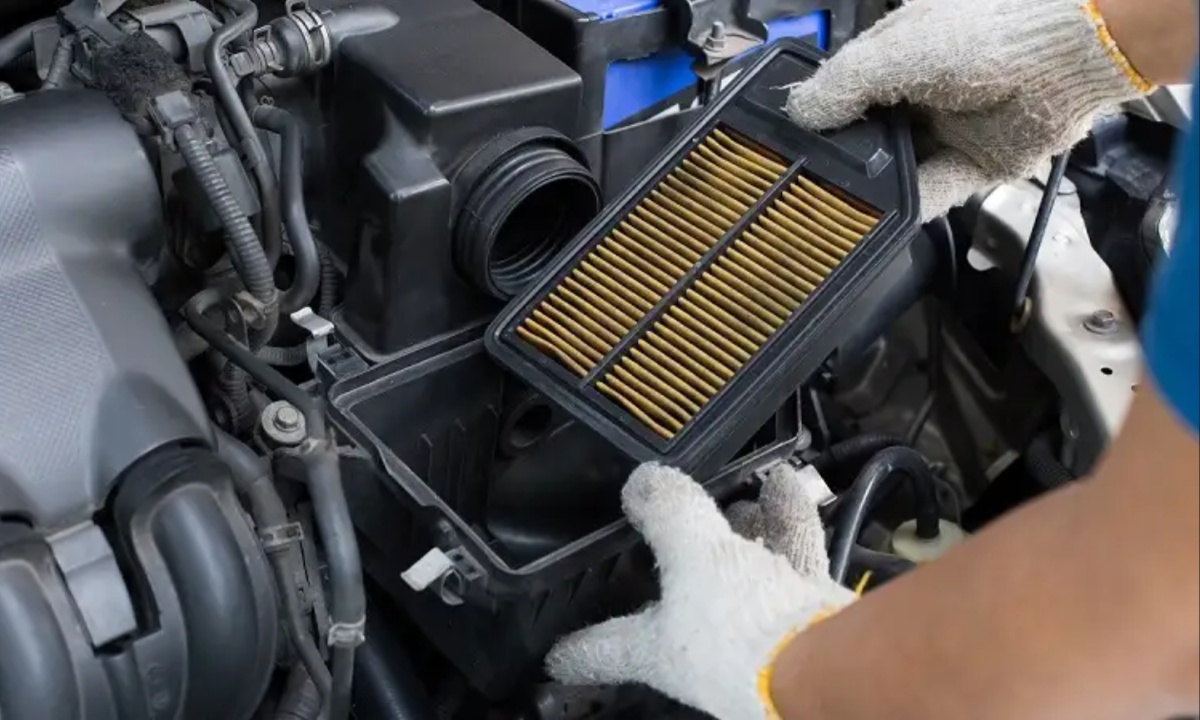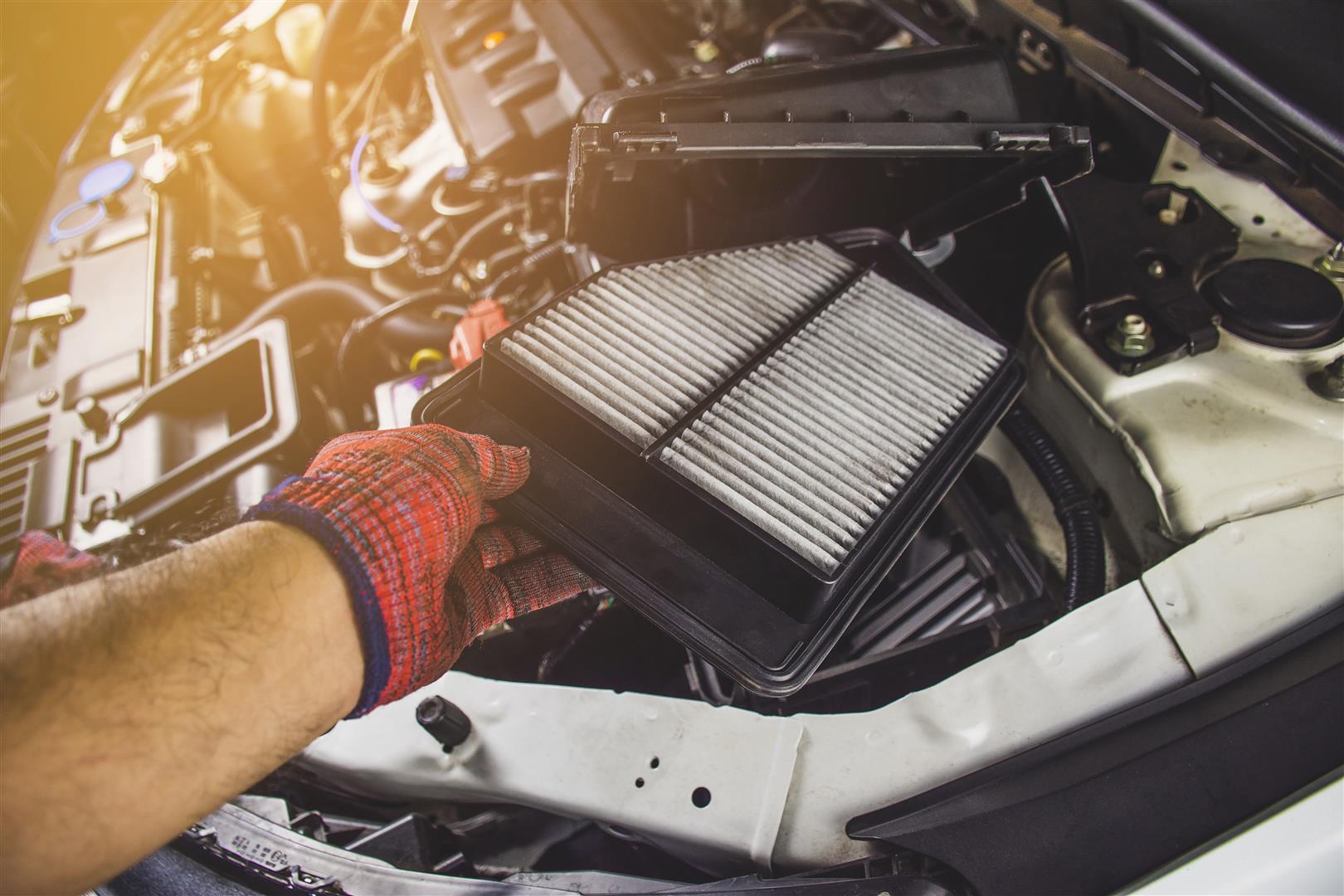A car’s air filter plays an essential role in maintaining the engine’s health and the air quality inside the cabin. The engine air filter ensures that pollutants such as dust, pollen, and bugs are kept out of the engine, allowing it to run smoothly. The cabin air filter, on the other hand, purifies the air inside the vehicle, preventing harmful contaminants from entering the cabin and affecting the passengers’ health.
There are two primary types of car air filters: the engine air filter and the cabin air filter. The engine air filter helps the engine intake clean air for combustion, improving engine performance and fuel efficiency. The cabin air filter keeps the air circulating in the car clean, making it vital for the driver’s and passengers’ health by blocking allergens and pollutants from the ventilation system.

Maintaining the air filters is crucial for both the performance of the engine and the overall health of the vehicle. If the engine air filter becomes clogged with debris, the engine may struggle to breathe, leading to reduced fuel efficiency, slower acceleration, and increased exhaust emissions. In severe cases, the engine could sustain significant damage, leading to costly repairs. Similarly, a dirty cabin air filter can restrict airflow inside the car and leave polluted air inside, which can affect the well-being of the vehicle’s occupants.
To keep air filters functioning optimally, regular maintenance is required. This involves cleaning or replacing the filters as recommended by the manufacturer. Cleaning can be done by either vacuuming or washing, depending on the type of filter. Oil-coated filters require specific cleaning solutions, while dry-air filters can be cleaned with a vacuum or water-based solution. If cleaning is not sufficient, the filters should be replaced entirely, as the filter material degrades over time due to wear and tear.
Typically, engine air filters need to be replaced every 12,000 to 15,000 miles, though this can vary depending on driving conditions, the type of driving, and the vehicle’s specific requirements. Regularly checking and replacing air filters helps to ensure optimal vehicle performance, reduce the risk of engine damage, and maintain clean air inside the cabin.

